Every year, the world wastes more energy than it uses. This is a problem for our planet and for our pockets. Wasted energy and heat loss in homes means people’s energy bills are higher than they need to be. A home energy audit helps you find out how you can save energy, and money!
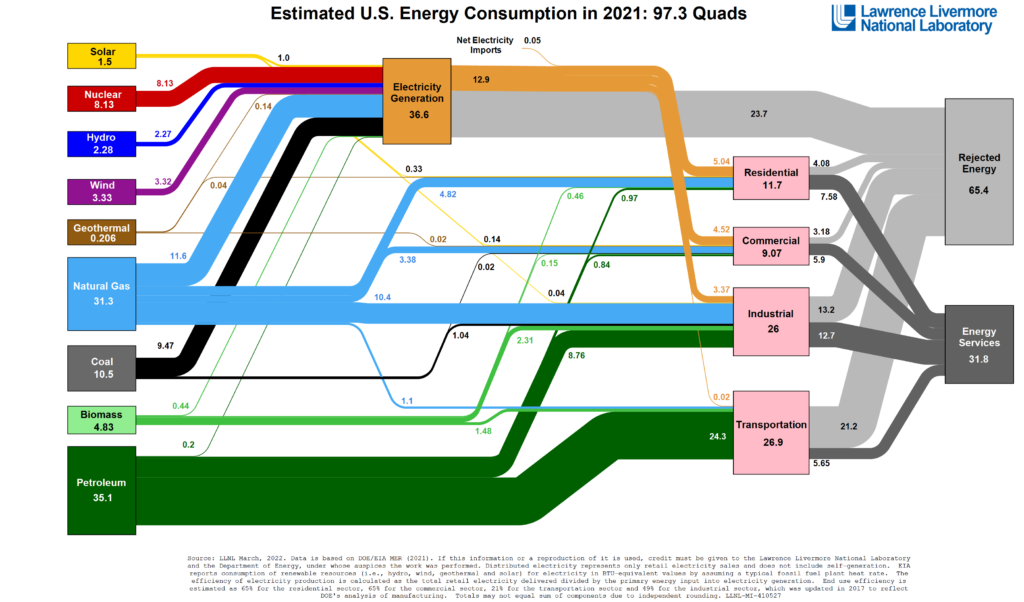
What is a home energy audit?
A home energy audit is a professional assessment of a home’s energy efficiency, with the goal of identifying areas of waste and providing recommendations for improvements. It includes an examination of the home’s insulation, HVAC systems, lighting, and appliances, and may involve tests to detect air leaks and insulation gaps. A home energy audit is a relatively affordable way to help homeowners identify opportunities for energy savings and improve the energy efficiency of their homes.
How long does a home energy audit take?
You should plan for your audit to take up to 2-3 hours, but some audits may take longer, particularly if the home is larger or has more complicated systems. Once the audit is complete, the auditor will provide a report with their findings and recommendations for energy-saving improvements. Keep in mind that the time required for any recommended upgrades or improvements will be additional to the audit time.
How much does a home energy audit cost?
Most home energy audits cost between $300 to $400 or more, depending on the size of the home, its location, and the type of audit being conducted. Some energy auditors may charge a flat fee, while others may charge by the hour. Additionally, the cost of any recommended improvements or upgrades to your home’s energy efficiency will be additional to the cost of the audit itself. Rebates may be available in your area for audits, so check before you start the process!
What does a home energy audit include?
A home energy audit typically includes a thorough assessment of a home’s energy usage and efficiency. During an energy audit, a professional auditor will examine the home’s insulation levels, HVAC systems, appliances, lighting, and other energy-consuming systems to identify areas where energy is being wasted. The auditor may also perform tests, such as a blower door test or thermographic scan, to detect air leaks and insulation gaps that may be causing energy loss. In addition, the auditor may analyze the home’s utility bills to evaluate energy usage patterns and identify potential savings opportunities.
After the audit, you will receive a home energy report that outline areas for improvement. This report can suggest whether installing new appliances or removing old ones could save energy; whether insulating or sealing up gaps in walls will be more effective than adding insulation; whether upgrading to a more efficient heating system would be worth it; and even if installing solar panels makes sense given your typical usage patterns and solar potential.
How is an energy audit conducted?
The first step in determining where your home is losing energy is to hire a home energy auditor.
The auditor will inspect various parts of your home, including the walls, insulation, windows, doors and light fixtures. All of these areas can impact the amount of heat lost in your home.
During the assessment, the auditor may create an airtight seal on one door (called a blower door test) to see how much air is escaping your home.
The auditor may also use handheld FLIR sensors during this process. A FLIR sensor is a sort of thermal infrared camera, used to detect areas of high heat loss in buildings.
What is a virtual energy audit and how is it different?
Virtual energy audits are a new way to assess home energy loss without having to leave your home. You can use a virtual audit to get a general idea of where your home is losing energy.
Some virtual audits require you to speak with a home energy professional remotely over video conferencing. Using your device’s camera, you’ll take photos of different parts of your home while the auditor guides you through the process. This information can be provided in as little as 20 minutes! The auditor will then create a report that details these findings and possible recommendations to save energy.
Other audits are web-based, which can be completed very quickly. This type of audit will ask you to provide information about your home’s age, size, heating and cooling systems etc. By comparing information about your home to energy data of other homes, this virtual audit can provide general advice and recommendations.
MyHEAT’s virtual energy audit solutions
MyHEAT is a virtual energy audit solution that partners with utility companies. We help customers save money on their energy bills by using the latest technology to detect heat loss in homes and buildings.
With over 5 million buildings mapped in North America, we can detect common heat loss patterns in our aerial thermal imagery that often correlate to problem areas in a home worth exploring further.
Our ‘Heat Loss Analysis’ tool used patterns found across the 5 million buildings we’ve mapped to help energy consumers discover whether they have:
- Insufficient attic insulation or venting
- Air leakage from attached garages
- Leaky chimneys or dampers
- Leaky or low-efficiency windows, or window frames, leading to thermal bridging
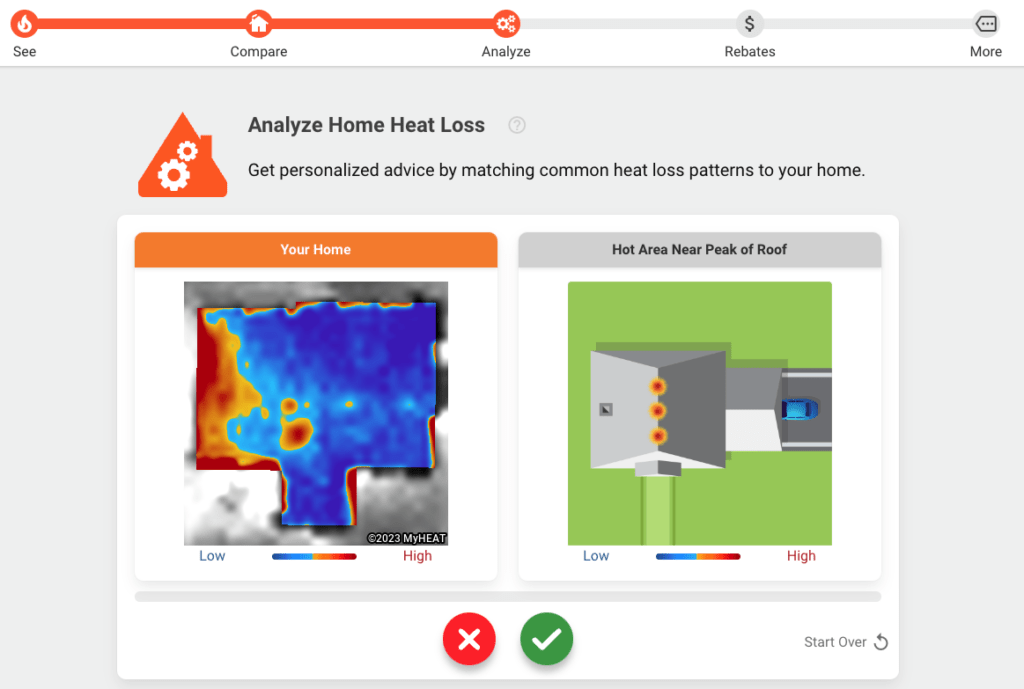
For more information on our heat loss maps, contact us.

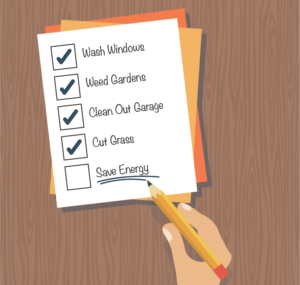
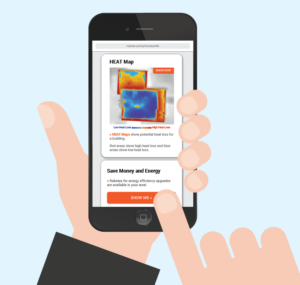
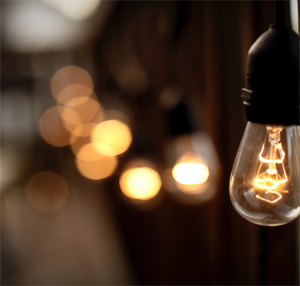
[…] you don’t live in one of these cities, we recommend you complete a home energy audit – in person or virtual – to help you identify where your home is losing heat and energy. This […]
[…] insulation is a key player in achieving greater energy efficiency savings. Home Energy Audits can help lead the way to discover where to […]
[…] To maintain a comfortable and efficient living space, it must effectively control the flow of heat, air, and moisture in and out of the home. Because many homes do not have a perfectly sealed building envelope, there can always be room for improvement. That’s why a great place to begin discovering areas of high heat loss in a home is to complete a home energy audit! […]